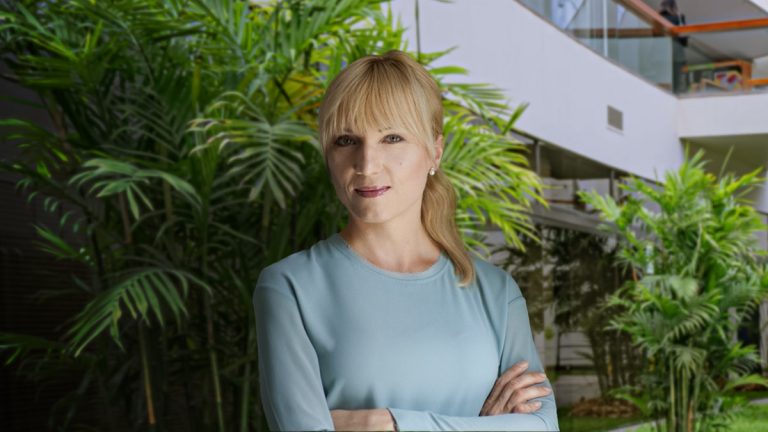Abstract
Sandro Sachez:This study analyzes how components of the Theory of Planned Behaviour (TPB), opportunity recognition competence (ORC), and perceived values on sustainability (PVS) relate to social entrepreneurial intention (SEI) among 522 Peruvian high school students in a national entrepreneurship program. Using PLS-SEM, it found that attitudes towards entrepreneurship (ATE), perceived behavioral control (PBC), and PVS positively influence SEI. ATE also partially mediates the link between social entrepreneurial self-efficacy (SESE) and SEI. The findings inform educational strategies to foster social entrepreneurship in emerging countries like Peru, where such initiatives remain limited despite high entrepreneurial potential.


